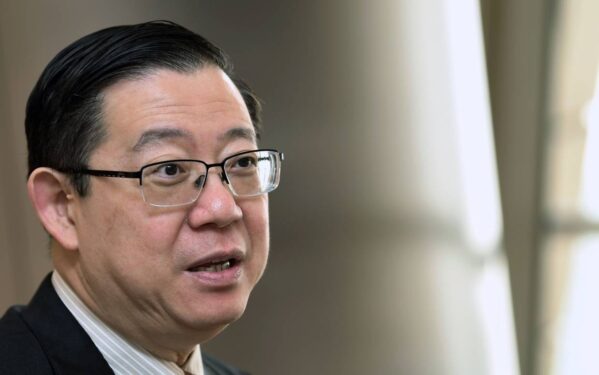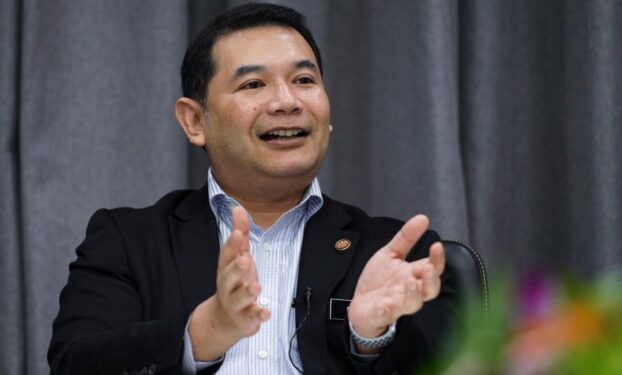ISLAMIC finance is set to keep expanding in 2020 and beyond as the Gulf Cooperation Council (GCC) countries and Malaysia help drive growth in shariah-compliant financial products, even though Covid-19 may disrupt sukuk issuance, said Moody’s Investors Service.
In a report today, the ratings agency said Saudi Arabia would remain the world’s largest Islamic banking market, while the sector would continue to expand rapidly in Malaysia.
“We expect sukuk issuance to remain stable at around US$180 bil this year, and the takaful insurance market will see steady growth as insurance premiums pick up in newly penetrated markets,” said Moody’s vice-president — senior credit officer Nitish Bhojnagarwala.
However, downside risks are rising because of the Covid-19 pandemic, as prolonged market disruption could dissuade issuers from coming to market, he added.
Moody’s noted that Malaysia, Indonesia and GCC countries will continue to drive corporate sukuk issuance in 2020, and expect that sukuk issuance this year to be in line with volumes in 2018-2019.
Corporate issuance of international sukuk in 2019 was similar to the previous year, with 12 companies issuing about US$8.2 bil compared with 12 companies issuing US$7.6 bil in 2018. By contrast, eight companies tapped US$4.8 bil from the capital markets in 2017.
Malaysia has a deep domestic market that dominates local currency issuance while international issuance is led by companies in the GCC where currencies are pegged to the dollar and domestic debt capital markets remain small.
As GCC governments promote policies to diversify their economies and encourage companies to access capital markets, there could be some upside to issuance expectation, particularly in Saudi Arabia where companies have typically been reliant on the domestic banking system.
Moody’s said there have been only a handful of corporate dollar sukuk from Malaysia in the past few years and expects international sukuk issuance by Malaysian companies to remain low, given the deep domestic debt capital market where companies can place long-tenor local currency sukuk.
The rating agency expects mergers between Islamic and conventional banks in the GCC region will drive one-off increases in assets, as they did in 2019.
There will be continued focus on the sukuk industry and increased issuance by the governments of the core Islamic finance markets, it added.
Meanwhile, Moody’s expects Islamic assets to grow by a moderate 3.0% to 4.0%, in line with their compounded annual growth rate, in the short to medium term, constrained by weak economic growth prospects and geopolitical tensions in the Middle East.
Islamic assets under management stood at US$67.4 bil in 2018, it noted.
Moody’s said demand for alternative investments will increase as the Islamic investor base broadens to include more institutions that invest over longer time periods, such as insurance companies and pension funds.
High-net-worth individuals in the GCC region have already started to invest directly in real estate and have bought stakes in private companies.
Moody’s said the rise of institutional investors will generate growth opportunities for those managers that have already added alternative investments to their product range.
Meanwhile, Islamic banking penetration in the core Islamic financial markets of the GCC, Malaysia, Indonesia and Turkey increased to 31.2% in September 2019 from 25.5% in 2013, while annual global sukuk issuance increased to US$179 bil from US$131 bil. — March 31, 2020, Bernama









